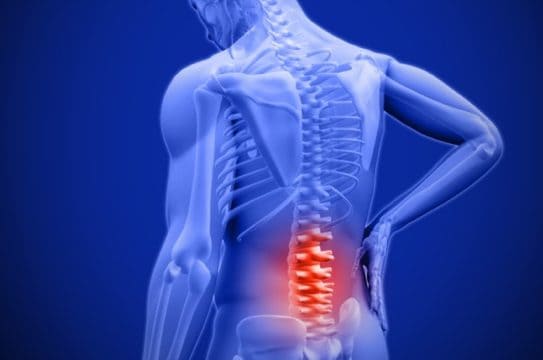Congestive Heart Failure
Heart failure occurs when the heart cannot pump oxygen-rich blood quickly enough, blocking the rest of the body from receiving the nutrients it needs.This condition usually develops over time asthe heart weakens from disease or defects and cannot pump properly. Although heart failure does not mean that the heart stops, it is still a serious condition that requires medical attention.
Learn MoreDiabetes
Diabetes is a chronic disease that impairs the body’s ability to use blood sugar. There is a growing concern about diabetes because it is being diagnosed in more people every year. Prolonged exposure to high blood sugar levels damages nerves and blood vessels. Over time, this can lead to heart attack, stroke, kidney failure, blindness and neuropathy. Although diabetes cannot usually be cured, it can be treated and the complications can be prevented. Weight loss, regular exercise, changing diet, and taking medications can all improve diabetes.
Learn MoreHeadaches
Visit the National Institue of Neurological Disorders and Stroke for more information.
Learn MoreHigh Cholesterol
Cholesterol is an essential fat found in every cell in the body and used to produce hormones like vitamin D and bile. While a certain amount is necessary, too much cholesterol is unhealthy and blocks the blood from flowing through the arteries. High levels of “bad” cholesterol can lead to several serious complications, including atherosclerosis, heart attack and stroke. Cholesterol levels can be controlled through an active and healthy lifestyle
Learn MoreOsteoporosis
Visit the NIH Osteoporosis and Related Bone Diseases National Resource Center website for more information.
Learn More




